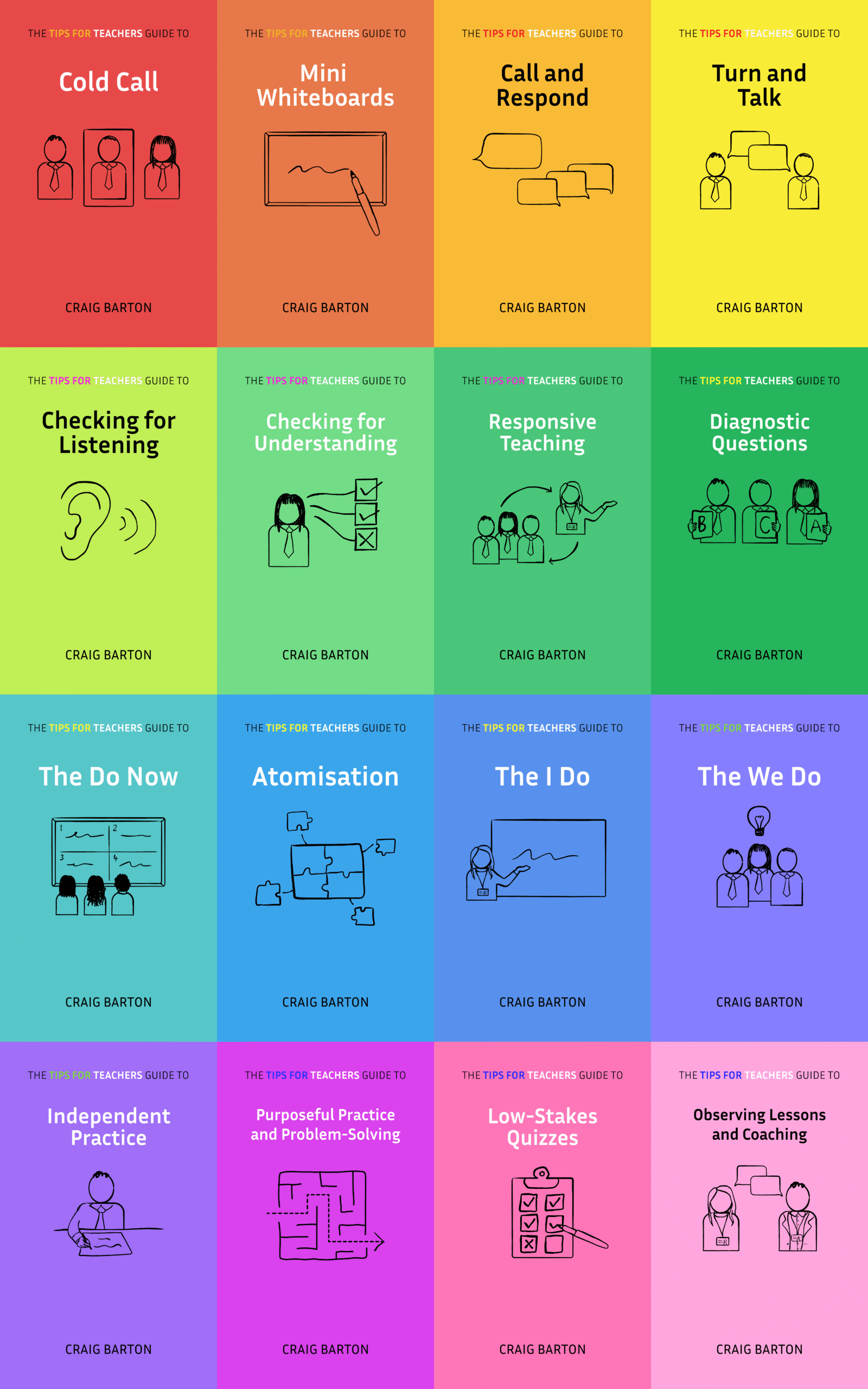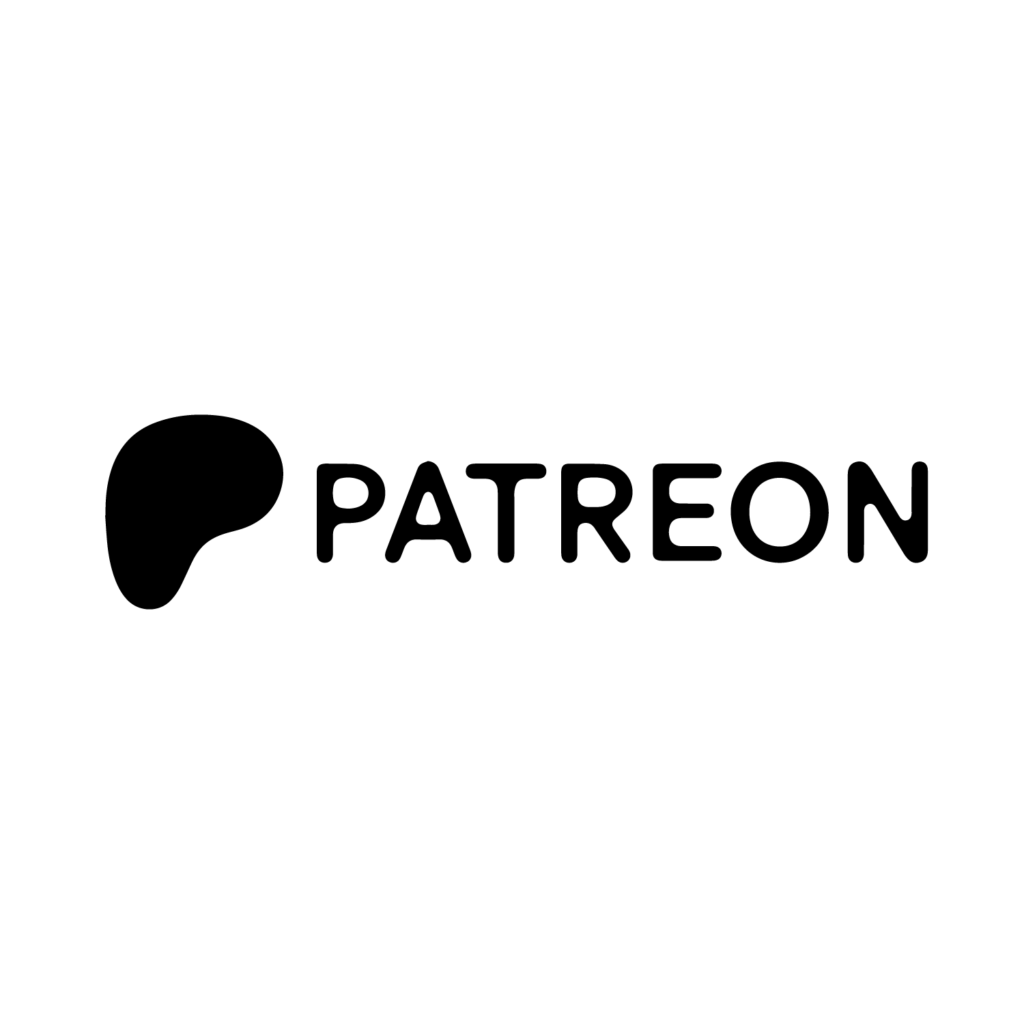
- Title: Those Who Understand: Knowledge Growth in Teaching
- Authors: Lee S. Shulman
- Access the original paper here
- Watch a video overview:
Paper summary
The document is an excerpt from a 1986 article by Lee S. Shulman titled “Those Who Understand: Knowledge Growth in Teaching,” which appeared in Educational Researcher. Shulman begins by confronting the historical slight against teachers, arguing that the profession has been plagued by the notion that those who cannot perform simply teach, contrasting this view with an earlier Aristotelian perspective where teaching was considered the ultimate demonstration of knowledge. The core of the article critiques the “missing paradigm” in contemporary research and policy concerning teacher evaluation, where subject matter content has been overlooked in favor of generic pedagogical skills or “process-product” competencies. To address this, Shulman proposes a framework for teacher knowledge that distinguishes between subject matter content knowledge, pedagogical content knowledge, and curricular knowledge. Finally, he discusses three forms of teacher knowledge—propositional knowledge, case knowledge, and strategic knowledge—arguing that true professional judgment, or strategic knowledge, is developed through the dialectic application of principles and specific cases, ultimately championing the idea that those who truly understand, teach.
If teachers remember one thing from this study, it should be…
The ultimate test of understanding rests on the ability to transform one’s knowledge into teaching. This transformation requires specialized knowledge categories, particularly Pedagogical Content Knowledge, which blends subject matter and pedagogy for comprehensibility.
***Paper Deep Dive***
What are the key technical terms used in the paper?
The key technical terms focus on domains of teacher knowledge:
Pedagogical Content Knowledge is content knowledge embodying aspects most germane to its teachability, including useful representations and understanding student misconceptions.
Content Knowledge is the amount and organization of subject matter itself.
Curricular Knowledge refers to instructional programs and alternative materials.
What are the characteristics of the participants in the study?
The participants are novice secondary teachers in California, focusing on the development of individuals teaching English, biology, mathematics, and social studies. They all hold a bachelor’s degree (or a waiver by examination) in the subject they are assigned to teach.
What does this paper add to the current field of research?
The paper addresses the “missing paradigm” problem by focusing on how subject matter is transformed from teacher knowledge into instruction. It introduces and defines crucial specialized knowledge categories, such as Pedagogical Content Knowledge, which blends content and pedagogy, previously ignored in effectiveness research.
What are the key implications for teachers in the classroom?
The key implications for teachers in the classroom revolve around the necessity of possessing specific, specialized domains of knowledge and exercising sophisticated professional judgment to transform subject matter into comprehensible instruction.
Specialized Knowledge Requirements
Teachers must possess and use three interconnected categories of content knowledge:
- Pedagogical Content Knowledge (PCK): This is perhaps the most crucial domain, as it embodies the aspects of content most relevant to its teachability.
- Teachers need an “armamentarium” of powerful representations, including analogies, illustrations, examples, explanations, and demonstrations, specifically tailored to make topics comprehensible to students.
- Teachers must understand what makes specific topics easy or difficult for students to learn.
- They need knowledge of the conceptions and preconceptions (often misconceptions) that students bring to the classroom, and the strategies most likely to be fruitful in reorganizing that understanding.
- Subject Matter Content Knowledge: This goes beyond knowing facts; teachers must possess a deep knowledge of the content and structures of their subject.
- Teachers must understand why something is true, on what grounds its warrant can be asserted, and why certain topics are central to the discipline.
- They must understand both the substantive structures (how basic concepts are organized) and the syntactic structure (the rules for establishing truth or falsehood within the discipline).
- Curricular Knowledge: Teachers must be familiar with the full range of alternative instructional programs and materials available for teaching their subject, viewing these materials as the “materia medica of pedagogy”.
- This includes lateral curriculum knowledge (what students are studying in other subjects simultaneously) and vertical curriculum knowledge (what topics have been or will be taught in the same subject in preceding and later years).
Professional Practice and Judgment
The implications extend to how teachers use this knowledge in practice:
- Transformation: The ultimate test of understanding is the ability to transform one’s knowledge into teaching. Teachers must employ content expertise to generate new explanations, representations, or clarifications when confronting flawed textbooks or befuddled students.
- Strategic Knowledge (Judgment): Teachers must develop strategic knowledge to handle situations where established principles collide (e.g., increasing wait-time versus maintaining classroom pace). This knowledge extends professional capacity toward judgment and decision-making.
- Case Knowledge: Teachers should utilize case knowledge (specific, richly documented events) which serves as a necessary complement to propositional knowledge (principles, maxims, norms). Cases act as prototypes (exemplifying principles), precedents (capturing wisdom of practice), and parables (conveying norms and values).
- Reflective Practice: A professional teacher is capable not only of skilled performance but also of reflection leading to self-knowledge, enabling them to communicate the rationale and reasons for professional decisions and actions to others.
Why might teachers exercise caution before applying these findings in their classroom?
Principles (propositions) are often decontextualized and may collide in practice (e.g., wait-time vs. pace), limiting their utility. Applying these findings requires sophisticated strategic judgment, which relies on a robust case literature that the field currently does not possess.
What is a single quote that summarises the key findings from the paper?
The ultimate test of understanding rests on the ability to transform one’s knowledge into teaching








